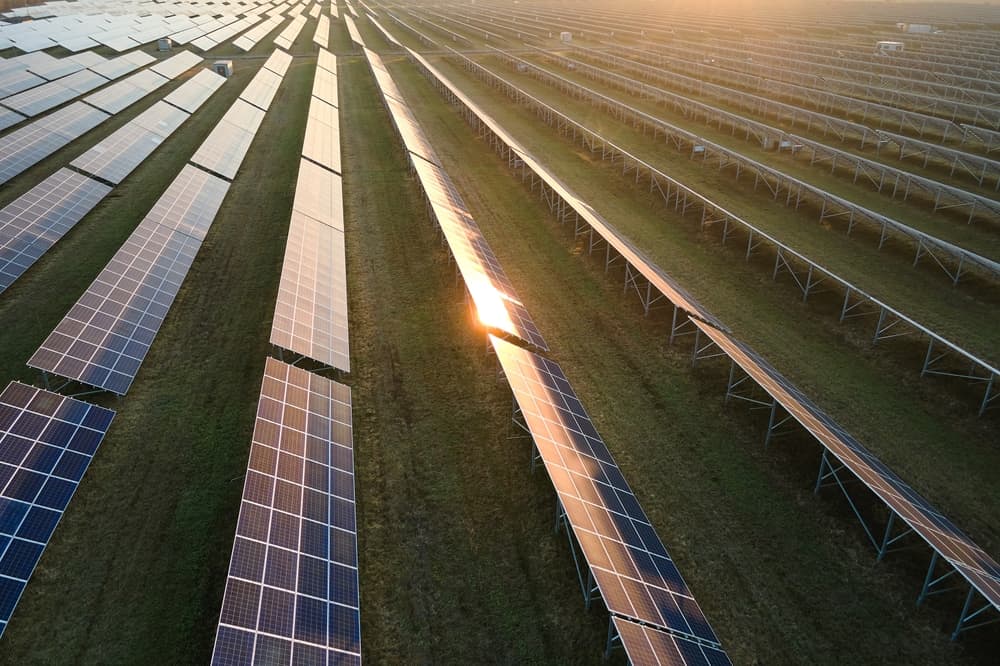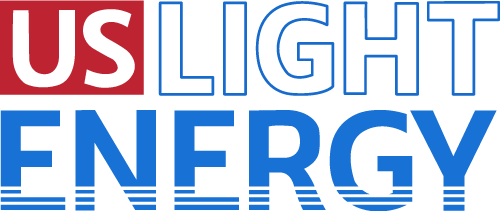
As climate change continues to drive our country’s transition from fossil fuel-powered energy to clean, renewable energy sources, Pennsylvania is actively pursuing solar farm development. According to a 2018 plan released by the Pennsylvania Department of Environmental Protection (DEP), Pennsylvania seeks to drive solar power generation up from less than 1% to 10% by 2030. The state will need an estimated 124 square miles for solar farms to do so. Solar farms, or community solar, are large groups of solar panels installed on at least ten acres of sunny land for the purpose of supplying clean, renewable energy to a large group of subscribers in the area. With community solar, participants can enjoy a guaranteed 10% savings on their utility bills while protecting the environment!
What To Know About Solar Farms in Pennsylvania
Pennsylvania is a leading state in vigorously pursuing solar farm development and operations. Solar farms in Pennsylvania have experienced exponential growth over the last decade, driven directly by the adoption of diverse incentives that encourage renewable energy generation. As solar developers plan new projects throughout Pennsylvania, landowners can generate a consistent income by leasing their land for solar projects. In doing so, landowners will receive solar lease payments, commonly called solar payments.
Incentives to Lease Land
Several Pennsylvania landowners are fielding proposals from developers interested in leasing their land for solar farm projects. Opting to lease land for solar farms benefits landowners and contributes to securing long-term financial stability for future generations. Landowners are not required to invest money into the solar farm’s development, including maintenance. Leasing land is a great way to earn steady, passive income. With so many incentives available, Pennsylvania’s path to solar development has never been clearer. Here are four notable incentives in PA:
Inflation Reduction Act (IRA)
Enacted in 2022, the IRA introduces incentives to mitigate renewable energy expenses for businesses, educational institutions, and local governments. In Pennsylvania, solar energy qualifies for a tax credit.
Alternative Clean Energy Program (ACE)
Administered by the Commonwealth Financing Authority (CFA), the Department of Community and Economic Development (DCED), and the DEP, ACE extends financial assistance through a combination of grants and loans to eligible applicants such as businesses and economic development organizations.
High-Performance Building Program (HPB)
Geared towards offsetting the additional costs associated with designing, constructing, or extensively renovating high-performance buildings within the state, HPB provides financial backing in the form of grants and loans.
Solar Energy Program (SEP)
Aimed at fostering the adoption of solar energy in Pennsylvania, SEP provides financial support through a combination of grants and loans to businesses and economic development organizations.
Leasing Land for Solar Farms in PA
Step 1: Feasibility Process
Before you can officially lease your land, solar farm developers need to determine if your land can support the needs of a solar farm. U.S. Light Energy conducts a unique feasibility process, analyzing multiple areas of your land. By doing so, we drive the most value per acre while positioning the solar project for success.
Utility Infrastructure
Will the surrounding community be able to use the energy produced by your land? A solar farm developed on your land needs to be close to three-phase distribution lines to transfer power to a nearby substation or power grid with the proper capacity. The feasibility process informs the type of photovoltaic (PV) system that can be used on your land.
Environmental Concerns
Does your land have any environmental constraints such as forestation, wetlands, or critical habitats that could impact the development of solar on your land? If so, solar developers will need to weigh the balance of developing a solar farm while preserving these precious areas.
Local Zoning and Land Use Considerations
U.S. Light reviews the local law to understand the rules and regulations governing solar development in your area. We work with local officials to develop a path for permit approval.
Step 2: Solar Lease Negotiations
Once a solar developer approves your land for solar development, they may provide a pre-lease agreement in the form of a lease option or notice of intent.
Lease Option
With a lease option, you’ll receive lease terms; however, the solar developer has time to decide if they want to commit to a lease with you. For example, they may need to determine how much land to use for the solar project.
Notice of Intent
The notice of intent lets you know that the developer intends to commit to the included terms before signing a lease.
You’ll finalize the lease payments and duration when you officially move forward with a lease agreement. Landowners receive monthly rental payments from a solar developer based on per-acre use. Typically, rent rates increase by 1.5% to 2.5% annually. A PV system’s average lifespan is twenty-five years, meaning land leases can last between twenty-five and forty years. Lease extension options are also a possibility.
U.S. Light Energy Solar Farms in Pennsylvania
U.S. Light Energy is a New York-based distributed generation energy development company specializing in Community Solar facilities and renewable energy solutions. If you’re interested in leasing your land, we’d love to hear from you! Contact us today to learn if your land qualifies for solar farm development. U.S. Light Energy is leading the charge for a new generation.
